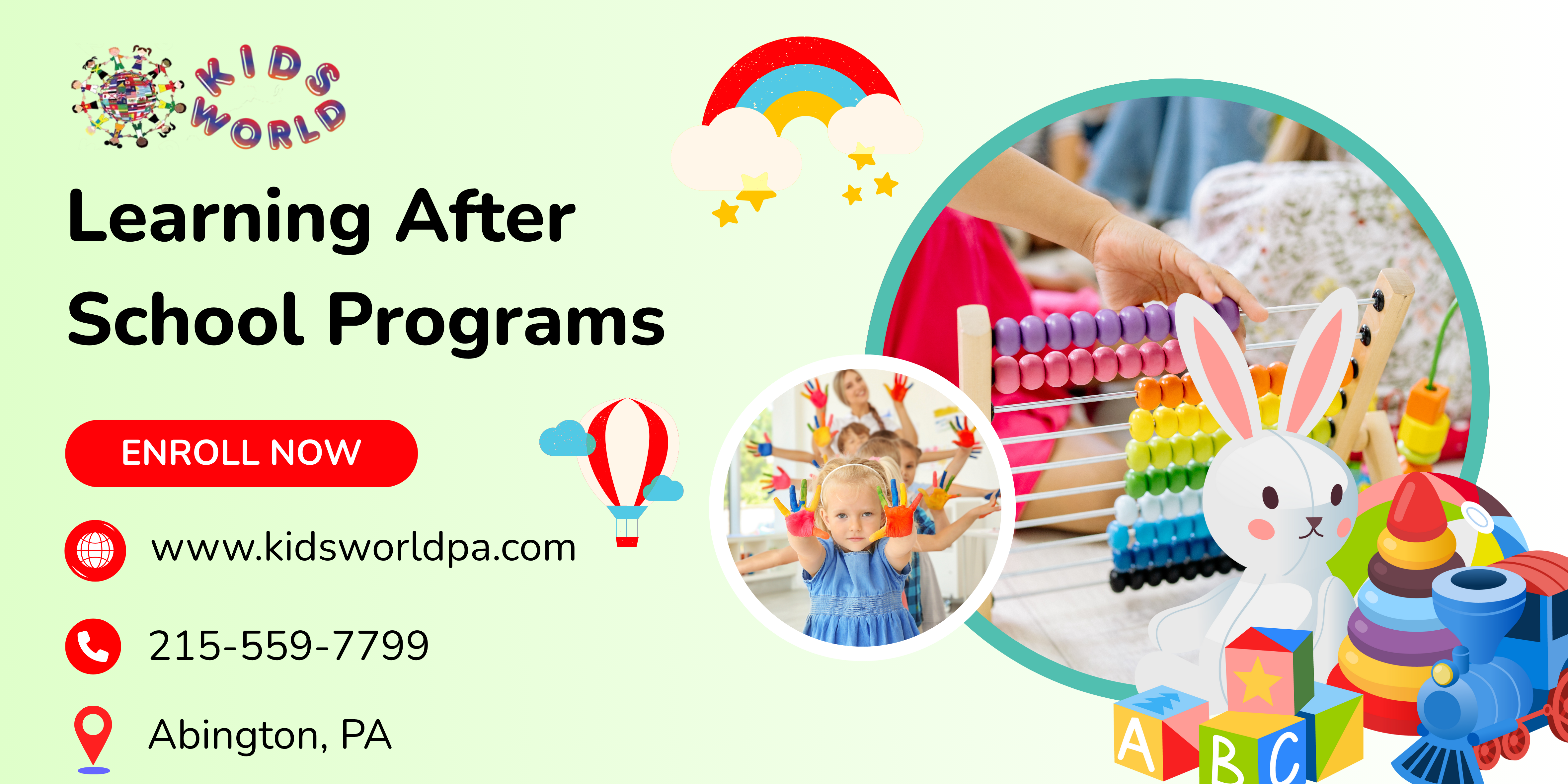Social and Emotional Learning Through After School Activities
Social and emotional learning (SEL) is a life skill framework that has grown considerably since its classroom launch over ten years ago. This strategy helps students build self-awareness, understand what is happening inside their own bodies, communicate with others, and solve problems.
It is now recognized as one of the leading methods of distributing wisdom and compassion to children around the world. The kids after school program are the best interventions not only to prevent loss. and help even children who are most likely to be word poor as grown-ups to make lasting gains in language and literacy skills. When designed intentionally, after-school activities for SEL can change communications between child and child.
Building Self-Awareness and Emotional Seeing
Through its focus on self-awareness, after-school programs are a natural fit for building that capacity. And the activities themselves like journaling or art for kids who are not yet able to write their own names put children in touch with what they feel inside.

Encouraging self-awareness in children helps them to recognize their strengths, challenges and emotions, basic requirements of growing up, and things that must be dealt with at every stage.
Emotional literacy in childhood passes on to adult relationships responding to a child’s discovery is even more difficult than it looks. As the child begins to discover the mental unity of themselves and their environment becoming conscious of problems in thinking, action, and interpretation.
The child’s mind is not simply passively receiving something that exists outside us. Many people are likely to know about most people’s experience with telling children not to touch hot objects.
Cultivating Empathy and Social Awareness
Incorporating empathy is a cornerstone of after-school SEL activities. Facilitators cultivate empathy in after-school programs through activities such as group discussions and puppet shows or storytelling ‘plays’. Children rightly appreciate different perspectives and experiences, so contact with other human beings is a way of increasing social understanding.
The fun SEL games that draw children into acting as teachers for each other in after-school club settings can also create an environment of respect and inclusion. Modeling social & emotional skills, emphasizing the importance of kindness or understanding also helps.
A trauma-sensitive approach to teaching after-school programs ensures that every kid feels safe and supported, especially those who have experienced tough emotional events.
Enhancing Relationship and Teamwork Skills
Local after-school programs offer numerous opportunities for developing relationship skills among students and peer relationship skills which surpass any other context besides family life.
Group projects and collaborative games create teams among youth that learn to trust each other, cooperate with one another and communicate well. Facilitators may specify teamwork and cooperation via shared tasks, asking children actively to listen and solve conflicts constructively.
Promoting relationship skills within the peer group also contributes to character development outside of school hours. They are cases in point that good communication is the key to survival.
Encouraging Responsible Decision-Making and Resilience
The support strategies borrowed from the SEL programs called after-school care promote the learning of responsibility and accountability. Here, children play structured games and have fun in performing low-risk activities that will not lead to serious consequences for anyone regardless of who makes a misstep or forgets something they were told to do.
Games, where decisions can and must be made such as team strategy sessions or periods of leadership rotation also help youth develop responsibility in early years and resilience as they take positive risks.
Inclusive after-school programs, and curriculum that reflects cultural backgrounds as well social context for learning, make for equity and inclusion. In such programs children can feel safe to get along with each other because of the supportive atmosphere of support and where all students are treated equally. Social and emotional intelligence is nourished in them.
Integrating and Measuring SEL Impact
An excellent program employs sequenced, active, focused, and explicit SEL principles. In after-school settings, educators can gauge students’ social emotional development and SEL competencies across all areas. They accomplish this through reflection, observations from different quarters and self-assessments by the children themselves.
Finally, social-emotional learning promotes academic attainment. When students grasp things such as empathy, self-regulation and teamwork then their grades are bound to be high too.
After school games for social development can help children to establish a more mature attitude toward life as they gain confidence and learn the rules of cooperation within society. It shows that growth in emotion also leads naturally on from success at learning.
Want To Build Stronger Minds After School? Contact Us Today
Empower your child’s growth beyond the classroom with our SEL-focused after-school programs. Through fun, inclusive, and mindful activities, Kids World Daycare nurtures confidence, empathy, and emotional intelligence.
Enroll today by calling 215-559-7799 to help your child develop lifelong social and emotional skills in a safe, supportive environment designed for success.
FAQs
1 . What is social and emotional learning (SEL) in after-school programs?
SEL in after-school programs focuses on developing emotional intelligence, self-awareness, empathy, and relationship skills through fun, interactive, and supportive activities beyond the classroom.
2. How do after-school activities support emotional growth?
After-school activities encourage teamwork, mindfulness, and self-expression, helping children build confidence, manage emotions, and strengthen peer relationships in a relaxed environment.
3. Why is SEL important for children?
Social and emotional learning helps children make responsible decisions, build resilience, and improve communication skills that enhance both academic performance and overall wellbeing.
Recent Posts
Contact Us
